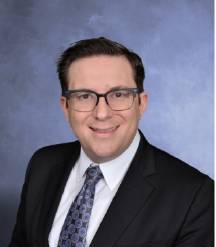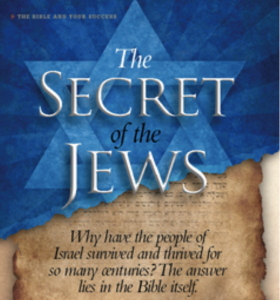
Rabbi Grossman, Head of School
One would hardly associate religion with flexibility. Religion is about rules, and rules are, by nature, rigid. This is by no means an affront to religion. Rules provide our lives with structure and meaning. Rules keep us safe. The myriad COVID-related regulations that we have established for this year are in place to keep our community healthy, and the protocols put forth in our Student Handbook make our school a place where students feel secure. Rules provide a sense of order in a world that, especially now, feels so chaotic. Judaism celebrates the idea of rules – the more, the better. Rabbi Akiva (c. 50-135 CE), after whom our school is named, is praised in the Talmud (Menachot 29b) for creating “…heaps and heaps of laws… .”
With all of these fixed rulings, it is striking that the idea of flexibility is also central to our faith. When Abraham was 75 years old, and Sarah was 65, they were instructed by God to reinvent their entire lives. Without protest, they left their homes and the land of their birth to create a new nation in a new country. Had our ancestors been set in their ways, the Jewish people would not have come to be. It was the flexibility of our forefather and foremother that allowed them to form a new faith community. Nor was this a one-time event. When Abraham and his wife arrived in the land of Canaan, there was a famine in the land, and the founders our people had to again display flexibility by inventing a plan to stave off starvation – they moved temporarily to Egypt, then returned to the promised land to begin yet again. Flexibility proved to be a winning strategy as Abraham and Sarah amassed a small fortune while in the Land of the Pharaohs, allowing them to start their new life with abundant resources.

Many have sought to understand the secret of the Jews.
The quality of flexibility displayed by our ancestors has become a paradigm for our people throughout history. Flexibility is a major factor in the famous “Secret of the Jews,” namely our disproportionate success and miraculous survival over 3,500 years. Our intergenerational ability to adapt to new realities, to move from country to country (often against our will), engage in new enterprises, pivot our political fortunes, all of this is because of our adopting an attitude of flexibility. Had our grandparents not been willing to abandon their former lives in Europe or Arabia and begin again in North America and in Israel, we would have suffered the same fate of so many nations that have disappeared from the annals of the earth.

Artist’s impression of Rabbi Akiva: prolific lawmaker, paragon of flexibility, and namesake of our school.
The same Rabbi Akiva who was so fond of creating new statutes and halachic strictures was also a leading figure in the reimagining of the Jewish religion following the destruction of the Temple in 70 CE. Many ancient peoples had temples that, like ours, were razed by foreign invaders or demolished by other human and natural forces. In every case, once the divine abode and its cult were in ruins, so too was the nation and faith that surrounded it. Only the Jews were able to maintain their peoplehood and their practices without a central altar. We did so by being flexible. Rabbi Akiva and his fellow sages would not remain stuck in the old ways, but were nimble and agile, shifting and creating to conform to their new reality.
Last week I wrote about forgiveness, an attitude that I believe must guide our actions more than ever this year. To forgiveness I add another “f” word: flexibility. Forgiveness, I argued, reduces anxiety and massages relationships at a time when many are suffering from stress and isolation. As mutual forgiveness will create an easier world for us to navigate this year, so too will flexibility make life more liveable for everyone. With realities and directives changing so rapidly, our capacity to be flexible will be key to making life manageable. On the road of life this academic year we will need to find alternate routes. At school, we may need to change the door we use, the place we learn, or the person we turn to for help. As parents and educators, we may need to fulfill different roles, practice different protocols, or alter the way we have historically done things.
Soon, we hope, life will return to the way it was; right now, flexibility is one of the cardinal virtues that will make this year most manageable for our families, our community, and for ourselves.
Next week: the final “F” word of the year!











